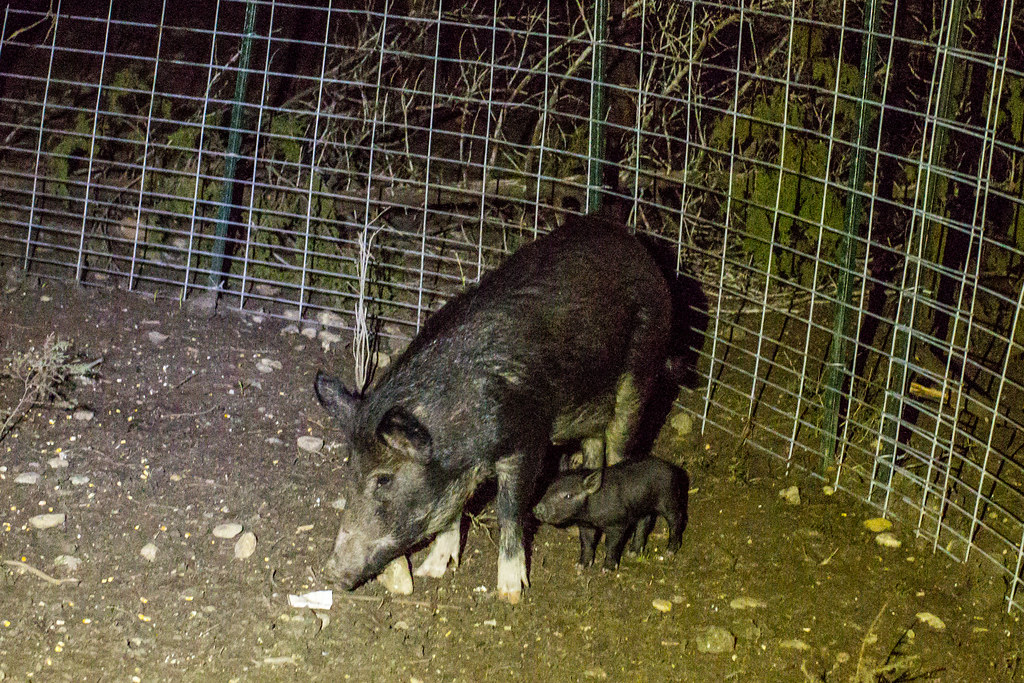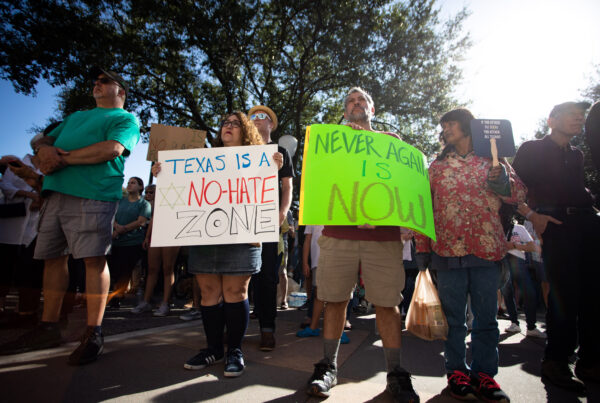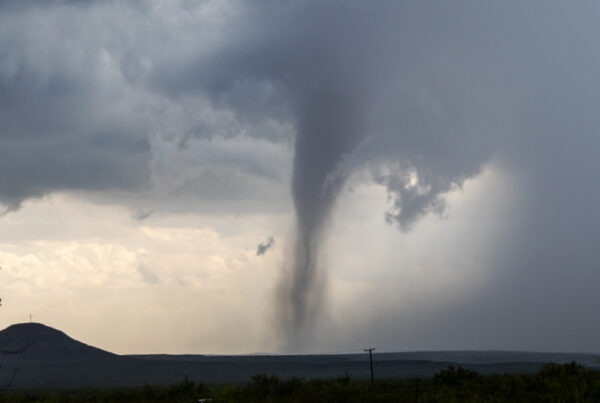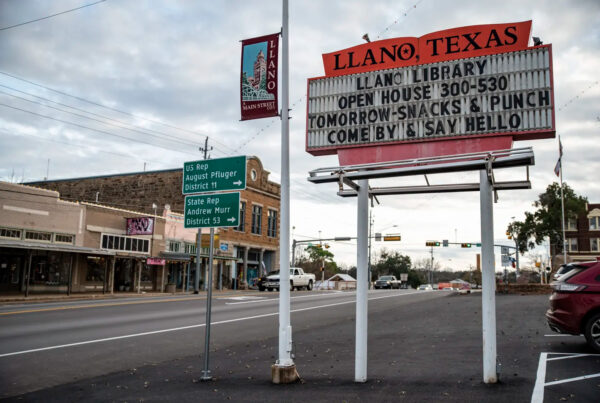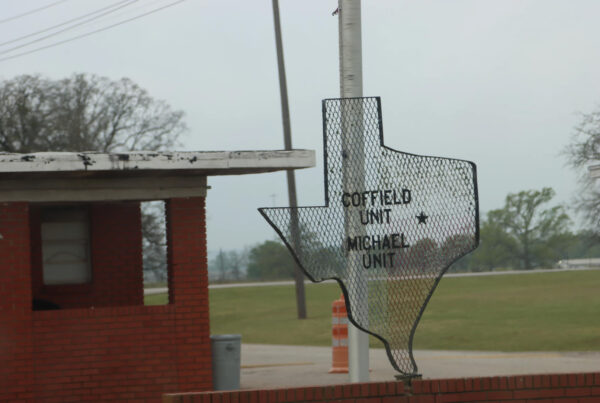The Texas Parks and Wildlife Department estimates that by 2019, feral hogs had appeared in every Texas county except El Paso – and at least 7 million of them currently roam the U.S.
One place they’ve caused trouble recently is the suburbs of Houston.
Juhi Varma, a reporter with the Houston Chronicle, joined the Texas Standard to talk about the history of feral hogs in Texas and what to do if you come face-to-face with one these 200-pound critters.
This transcript has been lightly edited for clarity:
Texas Standard: I think it may be safe to say the first time folks hear about feral hogs being a problem, it almost sounds like a Texas joke or something. But let’s start here: Why are feral hogs a problem in Texas to begin with?
Juhi Varma: The problem is that they are an invasive species. They spread bacteria and fungal and viral diseases. They can attack pets, they can attack children, and unfortunately, they also carry fleas and lice.
How did this thing get started? I mean, you mentioned that they breed and they’re fairly prolific in that regard, but where did they come from as an invasive species?
They came from Europe. They were so easy to transport that early European explorers would bring pigs along on their ships just to deposit them on new islands so that future settlers would have a ready-made supply of bacon. And Spanish came here to Texas; they brought pigs with them, and these pigs eventually escaped their pens and ran hog wild.
I know you talked to some feral hog experts for your reporting. Have people been coming face-to-face with feral hogs in Harris County, to your knowledge?
Yes, they have. Feral hogs have been roaming around in packs attacking perfectly nice suburban neighborhoods. People are very upset. They’ve been hiring hog catchers; they’ve been talking to their HOAs, trying to find a solution to this hog problem.
What do you do if you come face-to-face with a feral hog?
If you’re lucky, you’ll encounter three feral hogs or two together, wandering around. And don’t approach them. Don’t try to feed them or pet them or do anything like that. Keep a safe distance. And I would advise calling animal control, informing an authority figure that [there] happens to be a feral hog problem in this area and we need to take care of it ASAP.
You also mentioned that it is legal to hunt feral hogs. Could you say a little bit more about that? And are people sort of taking matters into their own hands, from what you’ve heard?
People are encouraged to start taking matters into their own hands if they have a feral hog problem. In Texas you need a hunting license, but you don’t need a hunting license to shoot and kill feral hogs if they’re on private property and you have the owner’s permission.
But I would think that there would be some complications with shooting a firearm in city limits or something like that. I mean, you would have to be in a rural area to do that, no?
Well, most of the landowners that allow people to hunt feral hogs on their property, they are in rural areas. I mean, for instance, the lovely suburban communities I was talking about where there’s a feral hog problem, I wouldn’t advise taking out a gun and shooting at them.
This has been around for a long time – in fact, so long that I can remember a few years back hearing that there were sort of feral hog hunting expeditions by helicopter, and that was not being discouraged by a lot of local authorities because these hogs were such a problem. Do experts think that this is going to come to an end anytime soon?
Oh, no. I think it’s going to become a big part of tourism in Texas. People will come here for the purpose of hunting feral hogs. They will get into helicopters and start shooting firearms. The thing is, the population is out of control, and they have no idea how to control it, which is why they encourage people to shoot feral hogs.
There aren’t poisons that are effective or anything like that?
You cannot kill feral hogs with poison. You can kill them any other way: You can shoot them; you can run them over with your car – but no poison, because then it gets into the food chain. And then if a vulture eats that feral hog or if a coyote eats it, then there’ll be more problems. They approved a poison called warfarin, which is a rodent killer, but it was discontinued.


